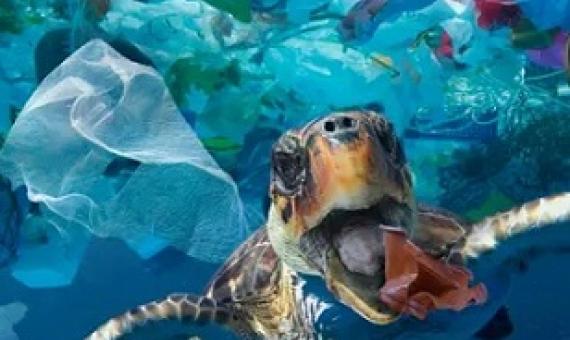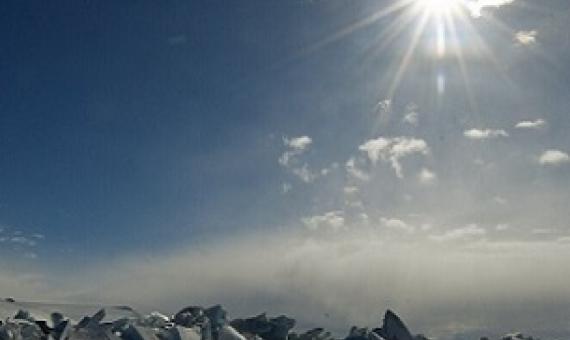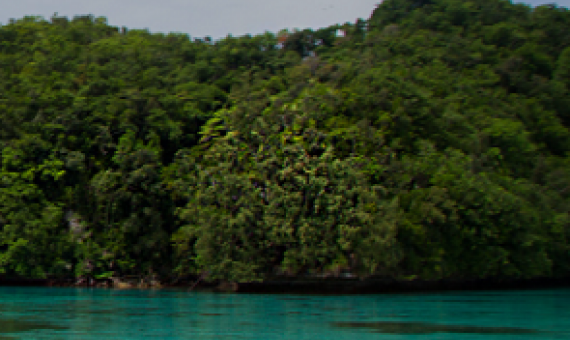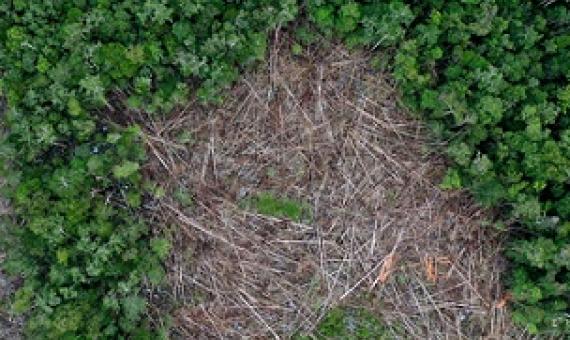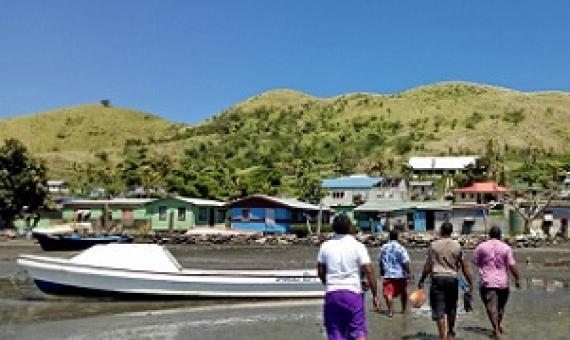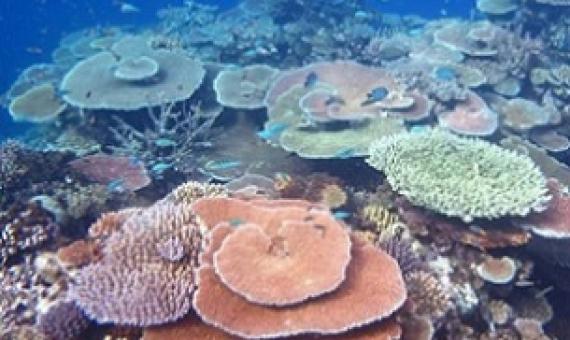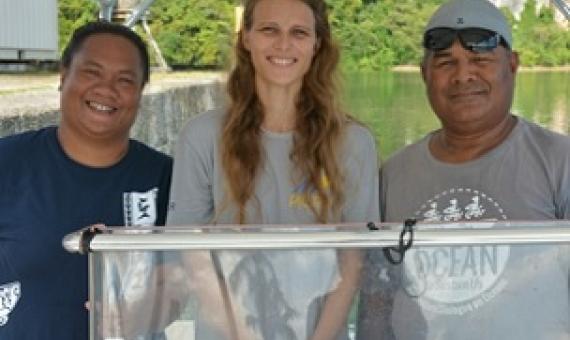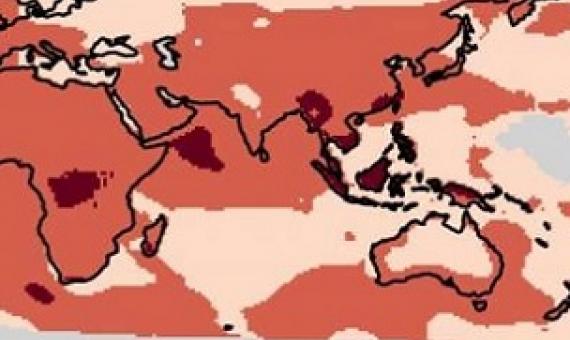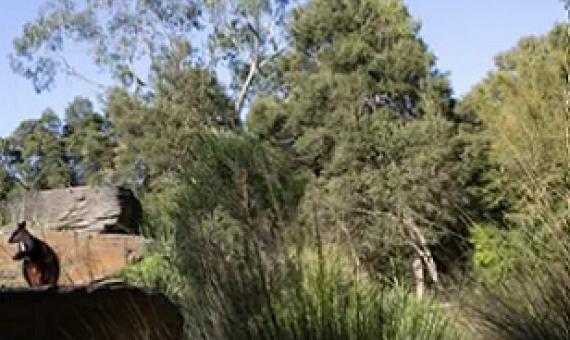Plastic items from takeaway food and drink dominate the litter in the world’s oceans, according to the most comprehensive study to date.
Polynesian seafarers likely reached Antarctica hundreds of years before the Western explorers usually credited with discovering the frozen continent, a new study has concluded.
WWF, the Ministry of Environment and other stakeholders will today launch its Dreketi River and Estuary Shark and Ray Survey report.
This nationwide study of fish populations is the first to evaluate the status of reef fish stocks across Palau’s archipelago and provides a baseline to continue assessing the changes in fish stocks over time...According to Dr.
The world is at a crossroads, as humanity tries to mitigate climate change and halt biodiversity loss, while still securing a supply of food for everyone.
New research shows what is often assumed to be 'fair' in conservation practice may not be considered so by the very people most affected by it--and a new approach is needed if protected areas are to be effective.
New research has shown that by injecting an alkalinizing agent into the ocean along the length of the Great Barrier Reef, it would be possible, at the present rate of anthropogenic carbon emissions, to offset ten years' worth of ocean acidification.
Many of Palau’s fish species had been overexploited but they quickly propagated, allowing replenishment of stocks before they got depleted, according to the Palau International Coral Reef Center (PICRC).
Icebergs crumbling into the sea may be what first come to mind when imagining the most dramatic effects of global warming.
Australia needs to embark on an urgent mission to formally document more than half a million undiscovered plants and animals before they are lost to science and the planet.

